Getting into journalism in the UK was a challenge, especially for not being born in this country. But Baillor Jalloh was determined and wanted to tell stories authentically. He co-founded African Voices Platform, a new media hub where Africans both at home and abroad can see and hear themselves reflected in the stories being told about life on the continent. The Prisma Series “Journalists and immigrants in the UK”.
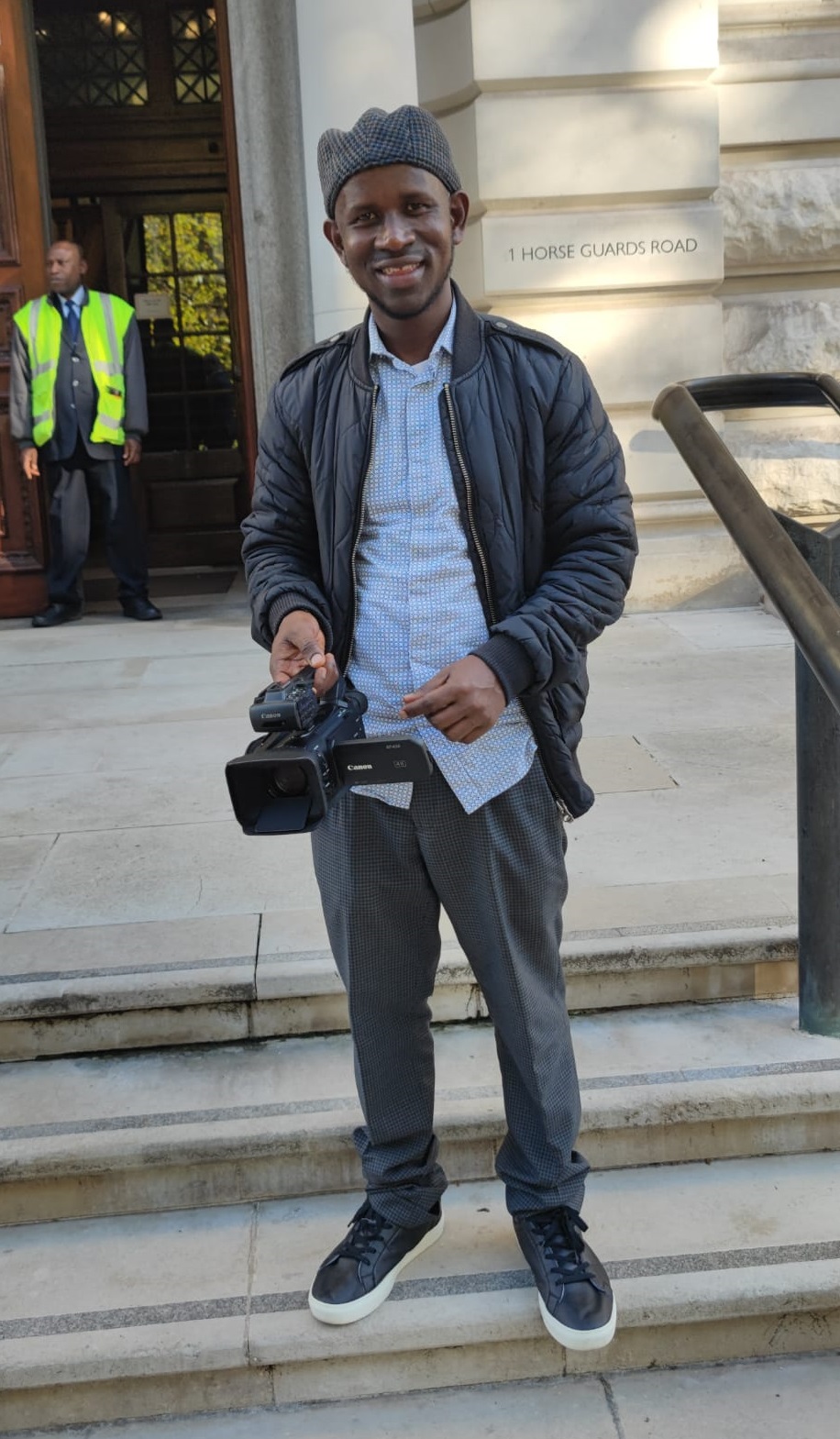
Mizy Judah Clifton
Many younger journalists are familiar with imposter syndrome.
But for Liberia-born broadcast journalist Baillor Jalloh, the feeling of not belonging went beyond internal anxiety.
38 year-old Baillor would turn up to press conferences early in his career only to be asked if he was lost and needed help with directions.
“I had to identify myself through my badge,” he recalls.
Baillor’s struggle to be recognised as a journalist – in the most literal sense – is symptomatic of an industry-wide problem.
88% of UK-employed journalists are white according to the National Council of Journalists’ most recent Diversity Report – a figure that rises to 93% among editors.
“I wanted to be able to do journalism and get paid for it. But getting my foot in the door was really, really challenging, especially with the facts of being African, being Black, my accent, and not being born in this country,” he says.
But he succeeded, and Baillor’s career spans a decade of work for various media outlets, including 54 Etats-le Magazine de l’Afrique and Sheffield Live.
And the white-dominated character of the industry has implications for its output.
Baillor decided to pursue a career in journalism after realising that African stories told by the mainstream media lacked the same complexity, texture and range as afforded to stories told about the Anglo-American world. Poor storytelling aside, Baillor believes that the narrative-shaping power of the media means such limited representations of the African continent have a real world effect in terms of global politics.
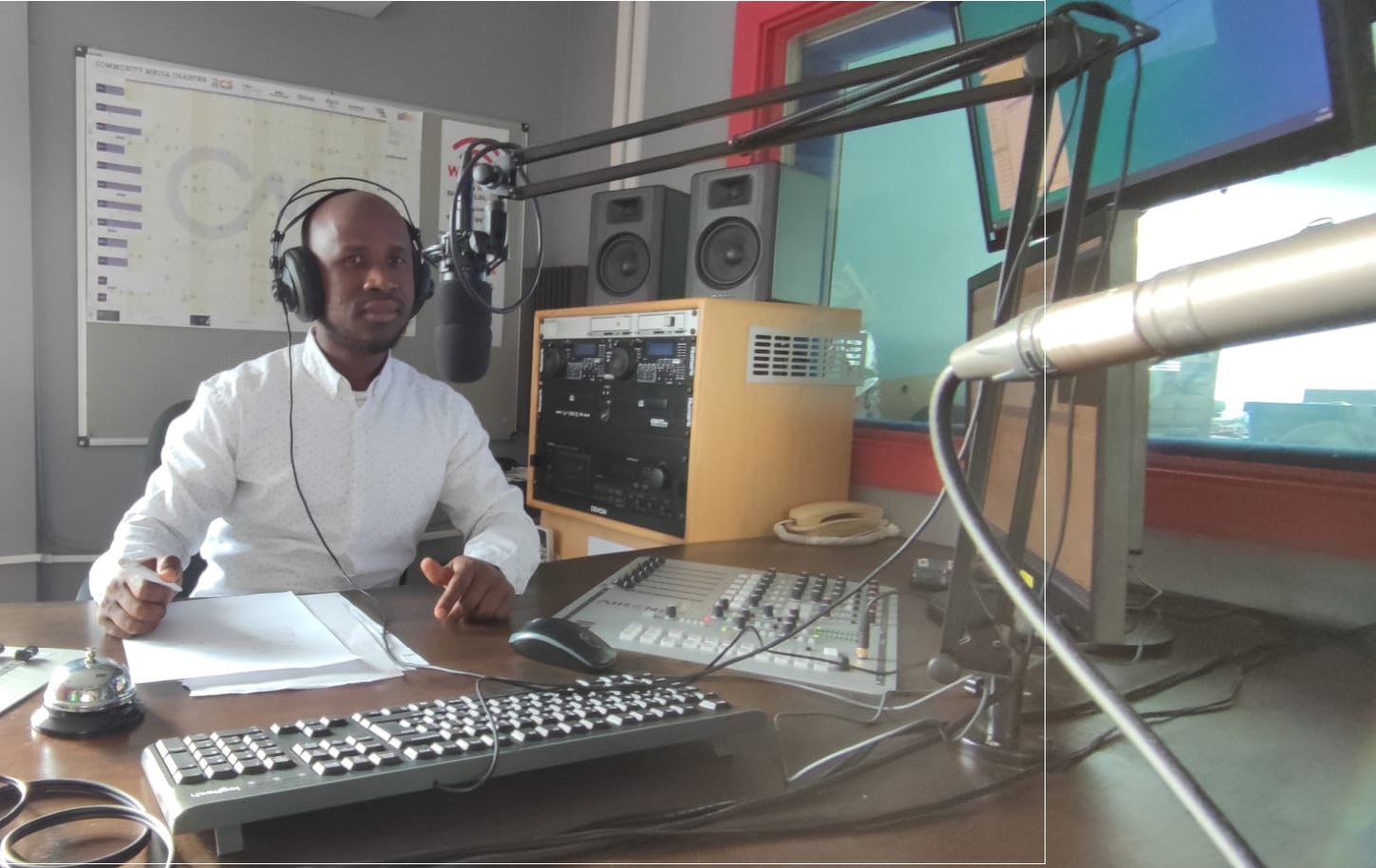 Fittingly, the first episode of Baillor’s very own African Voices Platform, which aired as a television show called African Voices on Sheffield Live TV and YouTube in 2018, was dedicated to deconstructing the infamous alleged comment made by the then-US President Donald Trump during a bipartisan senators’ meeting on 11 January. The 45-minute debut saw Baillor joined by Zimbabwean political analyst Nkululeko Sibanda, Stand Up to Racism activist Maxine Bowler, and historian George Ben Anthony.
Fittingly, the first episode of Baillor’s very own African Voices Platform, which aired as a television show called African Voices on Sheffield Live TV and YouTube in 2018, was dedicated to deconstructing the infamous alleged comment made by the then-US President Donald Trump during a bipartisan senators’ meeting on 11 January. The 45-minute debut saw Baillor joined by Zimbabwean political analyst Nkululeko Sibanda, Stand Up to Racism activist Maxine Bowler, and historian George Ben Anthony.
From his first solo gig covering Liberian Independence Day celebrations in Sheffield for Sheffield Live to establishing African Voices Platform as a community interest company (CIC) in 2020, Baillor’s mission has always been to tell African stories authentically.
“We endeavour to tell the story how it is. We don’t delete or add. When it is negative, we report the negative. We tell the story how it is. We don’t hold back. It is us telling what needs to be told – without fear, without favour, and without discrimination,” he explains.
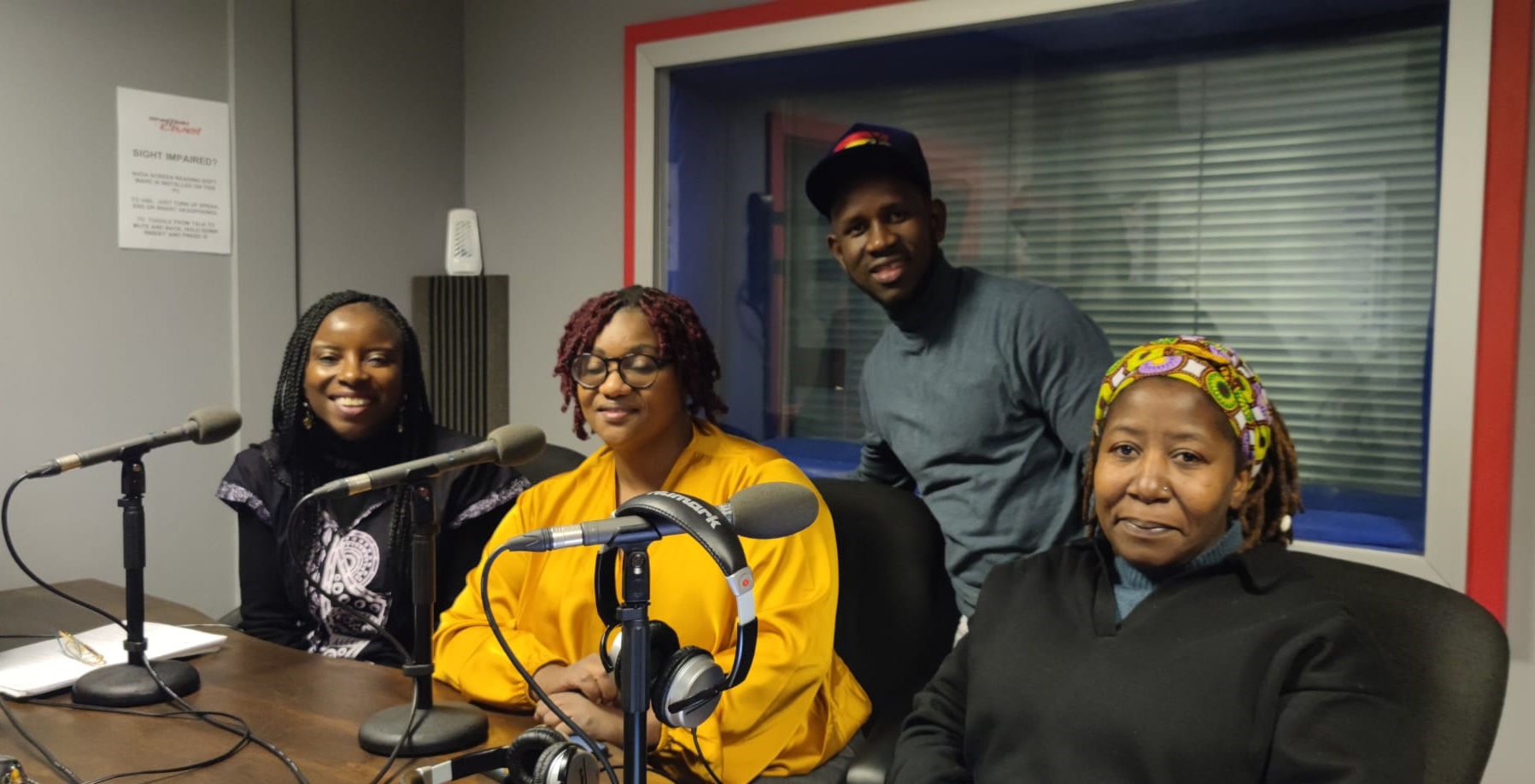 Arguably, this approach to storytelling should be baked into journalism from the outset, such that the identity or background of the person doing the reporting is irrelevant. This expectation that African journalists will be better placed than their Anglo-American counterparts to cover African issues with appropriate sensitivity and nuance risks letting the latter off the hook from developing the relevant skills and knowledge needed to do the same.
Arguably, this approach to storytelling should be baked into journalism from the outset, such that the identity or background of the person doing the reporting is irrelevant. This expectation that African journalists will be better placed than their Anglo-American counterparts to cover African issues with appropriate sensitivity and nuance risks letting the latter off the hook from developing the relevant skills and knowledge needed to do the same.
Yet whilst Baillor agrees with this analysis in principle, he maintains that it is very important to have African journalists at the centre of African Voices Platform and similar initiatives.
“When I talk about Sierra Leone or Liberia, I’m not telling a story I know nothing about. I’ve been there, lived through it, seen it. I’m not telling a story through the lens of someone else,” Baillor says.
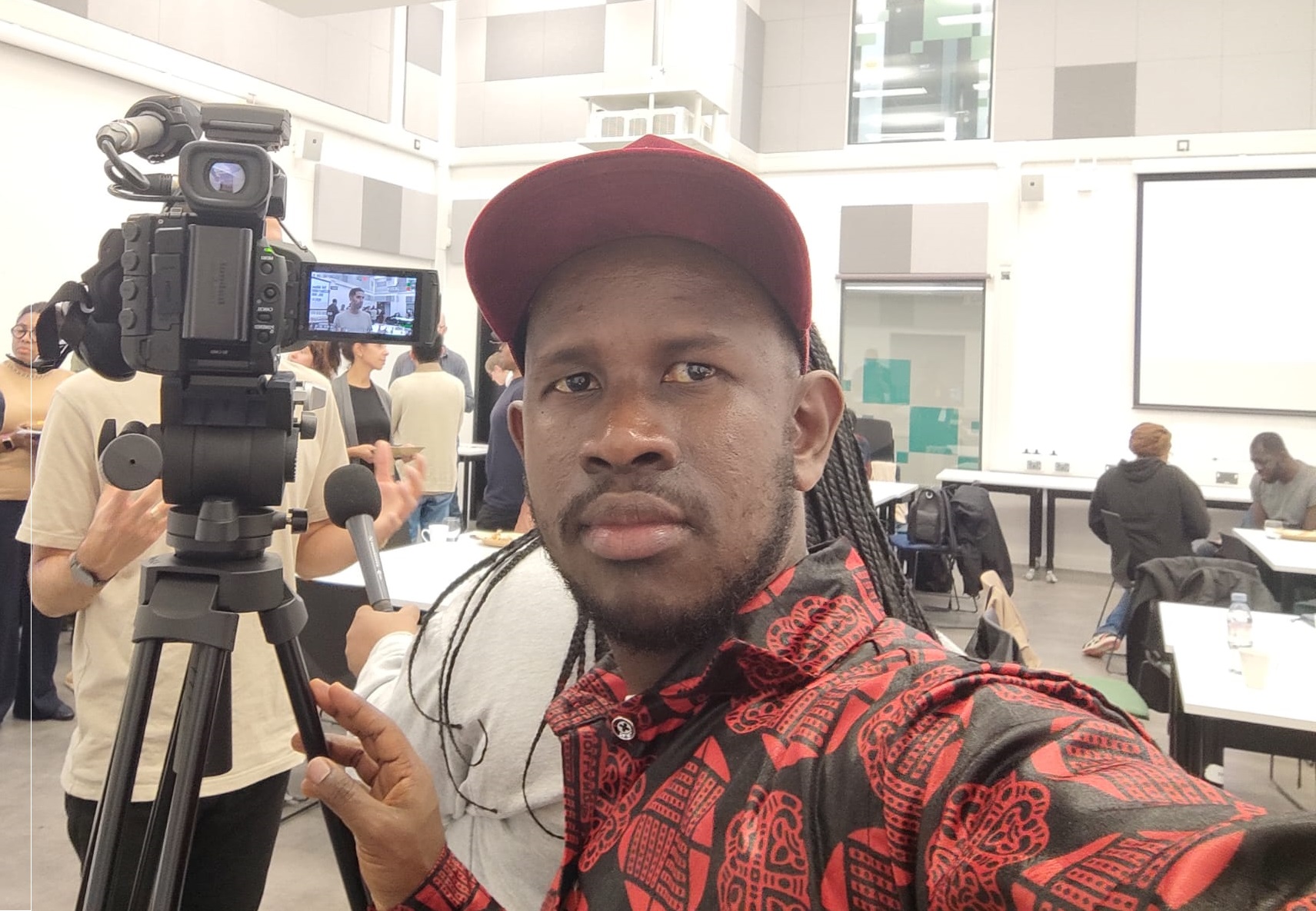 He seems particularly sceptical about foreign correspondent-type journalists who, in aid of a specific story, briefly insert themselves into a particular region without properly immersing or embedding themselves within its culture or history.
He seems particularly sceptical about foreign correspondent-type journalists who, in aid of a specific story, briefly insert themselves into a particular region without properly immersing or embedding themselves within its culture or history.
“We are part of the story, not just people who go there for two or three days. We tell the story of more than a week, more than a month, more than a year. We want to make sure our stories are told the way everyone tells their stories – the way British people tell their stories, the way US Americans tell their stories,” he adds.
Although African Voices Platform primarily targets people of African descent as the first Sheffield-based radio station wholly dedicated to African topics, Baillor also sees its content as relevant to white audiences.
For example, evidence of African people in Roman Britain dates back to the 3rd century AD – yet the British history taught in schools so often elides the crucial role played by Africans in forging the country we know today. And, Baillor points out, feel-good immigration stories tend to revolve around the movements of white migrants from US America, Australia, and Canada, rather than people of colour.
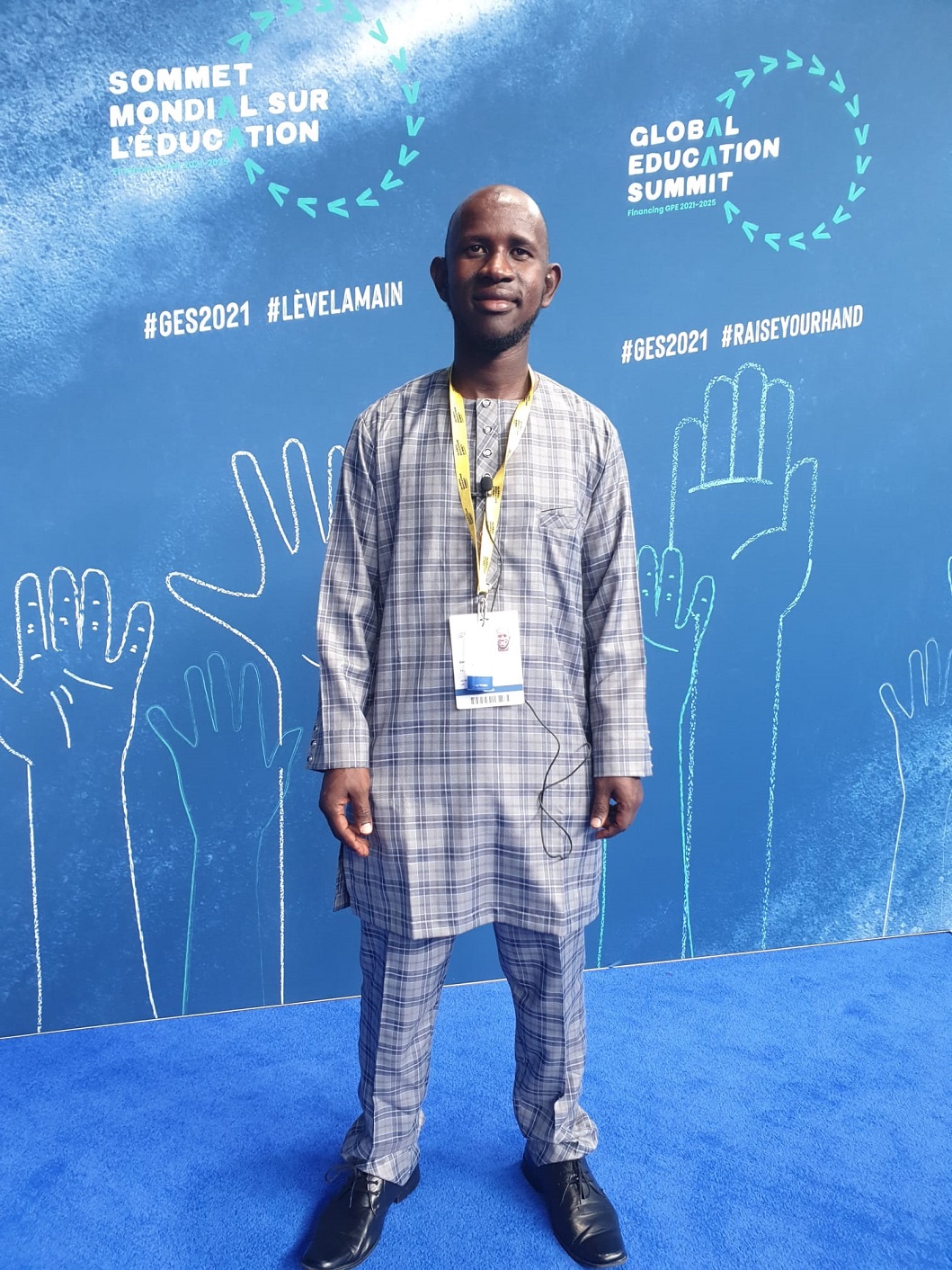 African Voices Platform has gone from strength to strength in recent years. When Baillor first conceived the idea for a media hub dedicated to telling African stories, he and his team had no choice but to invest their own money into getting it off the ground.
African Voices Platform has gone from strength to strength in recent years. When Baillor first conceived the idea for a media hub dedicated to telling African stories, he and his team had no choice but to invest their own money into getting it off the ground.
African Voices Platform now enjoys support from multiple funding partners, including the University of Sheffield’s Centre for Equity and Inclusion and Sheffield City Council.
Baillor is now looking to the future. African Voices Platform is set to launch its own radio station, licensed by Ofcom, within the next few weeks.
“We started from scratch, from nothing,” he says proudly.
(Photos supplied by the interviewee and authorised for publication)












.jpg)












